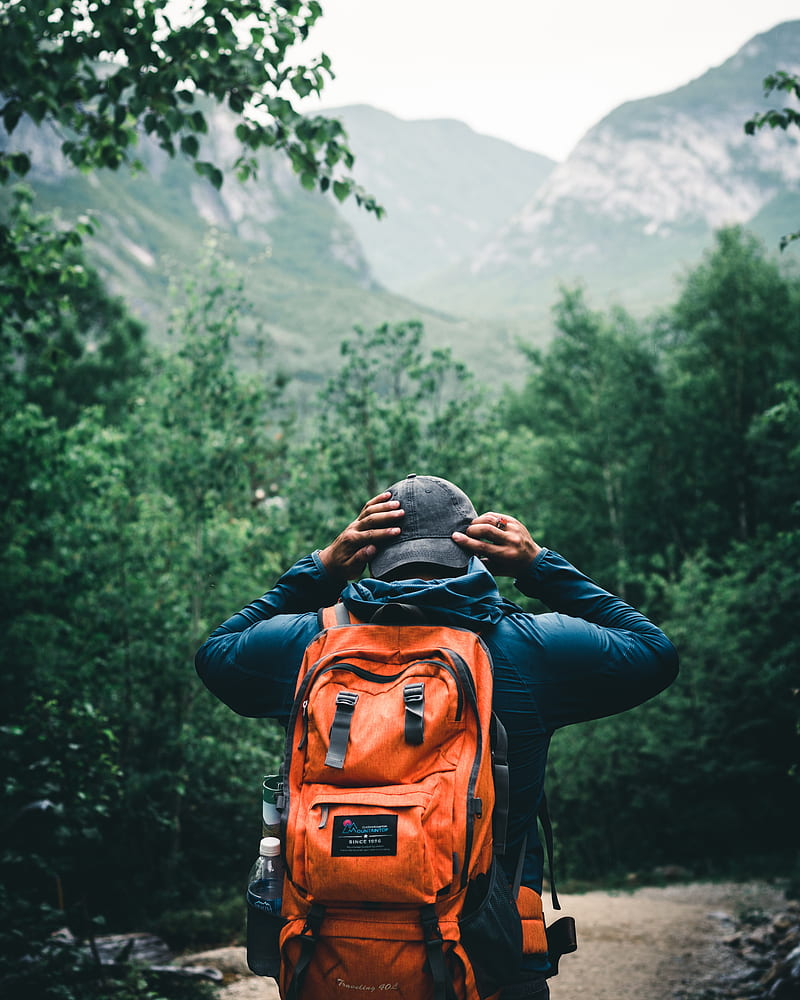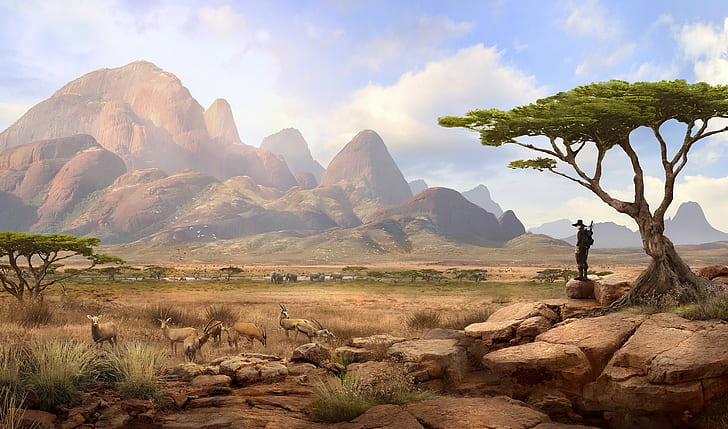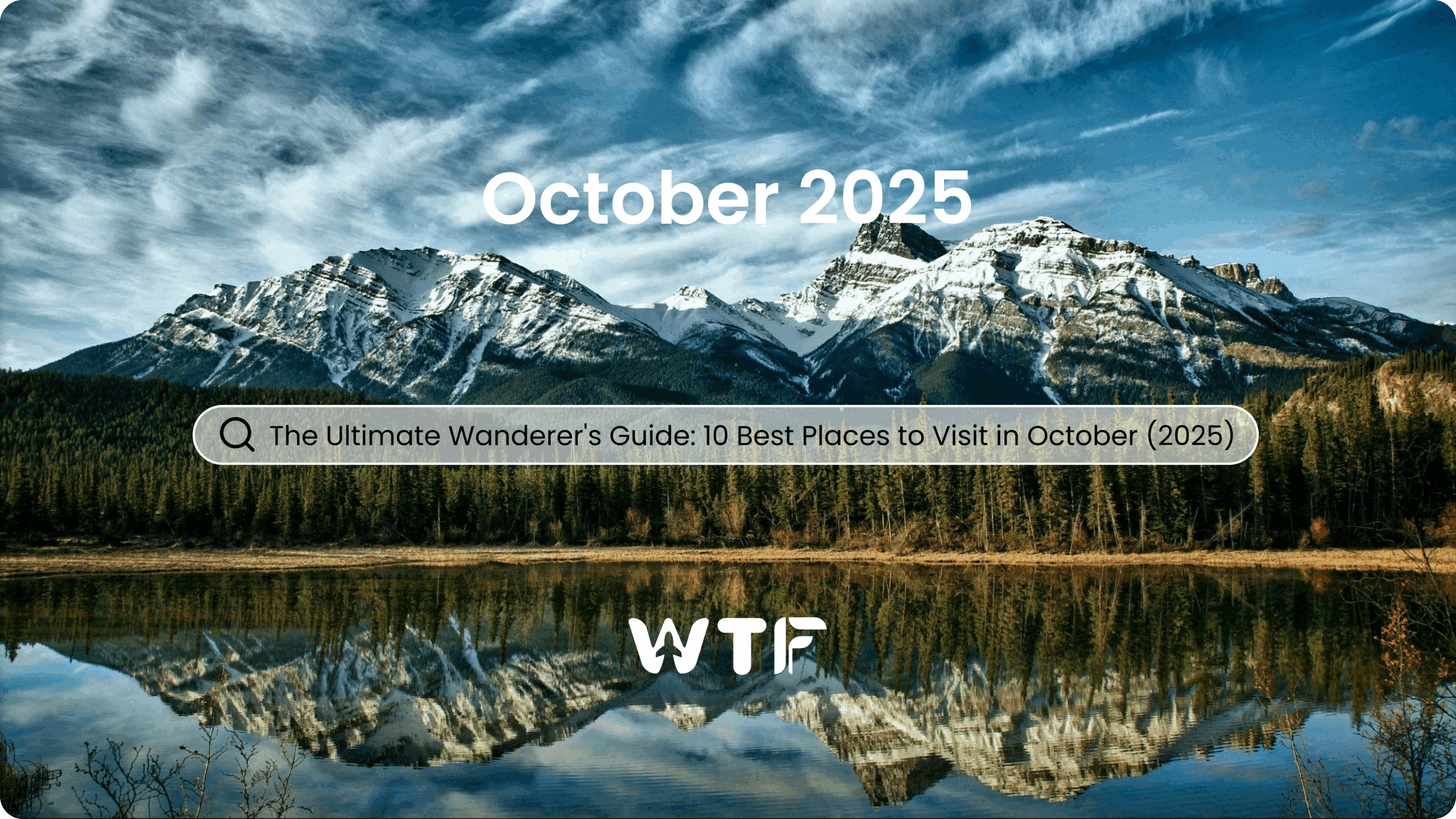Ethiopia: The Cradle of Civilization
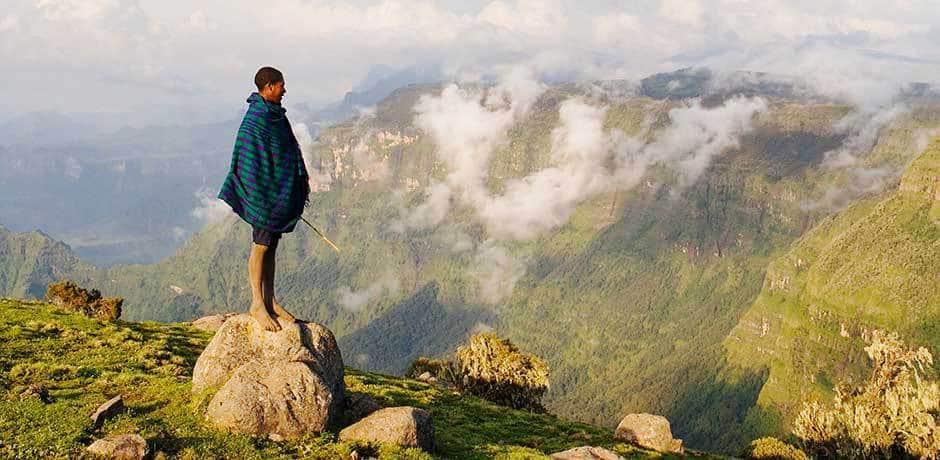
Ethiopia is often referred to as the “Cradle of Civilization” due to its ancient history, rich culture, and its significance in the development of both Christianity and Islam. Here’s an overview of its historical milestones:
- Ancient Civilizations: Ethiopia is one of the world’s oldest countries, with a history dating back thousands of years. It was home to ancient civilizations such as the Aksumite Empire, known for its obelisks, and the city of Axum, an important trading hub.
- Religious Significance: Ethiopia played a pivotal role in the development of Christianity. It is believed to be one of the earliest countries to adopt Christianity as the state religion. The rock-hewn churches of Lalibela, carved out of solid rock, are a testament to this early Christian heritage.
- Islamic History: Ethiopia also has a rich Islamic history, with Islam being introduced in the 7th century. The ancient walled city of Harar, known for its unique architecture and culture, was an important center of Islamic learning.
- Colonial History: Ethiopia is one of the few African countries that was never fully colonized. It successfully resisted Italian colonial ambitions during the First Italo-Ethiopian War, making it a symbol of African resistance against colonialism.
- Modern History: Ethiopia went through a series of political changes, including the monarchy and the communist rule of the Derg regime. In 1991, the Ethiopian People’s Revolutionary Democratic Front (EPRDF) took control, leading to a more democratic and federal system of government.
Travel Situation in Ethiopia
Safety: Ethiopia is considered safe for travelers, especially in popular tourist areas. However, it’s essential to stay informed about any local developments and follow safety recommendations.
Visa and Entry Requirements: Most travelers to Ethiopia require a visa. Ethiopia has started implementing an e-visa system, making it easier for tourists to obtain the necessary permits online. Ensure you have a valid passport and check visa requirements based on your nationality.
Health Considerations: As of my last update, Ethiopia had health and safety measures in place due to the COVID-19 pandemic. Travelers should check for the latest health requirements, including vaccination and testing requirements, as well as any travel restrictions.
Transportation: Ethiopia has a range of transportation options, including domestic flights, buses, and minivans for travel within the country. It’s essential to research and plan your transportation in advance, especially if you’re heading to more remote areas.
Accommodation: Ethiopia offers various accommodation options, from budget-friendly guesthouses to luxury hotels. Major cities like Addis Ababa have a wide range of lodging choices.
Cultural Experiences: Ethiopia is known for its rich culture, historical sites, and stunning natural landscapes. Popular attractions include Lalibela’s rock-hewn churches, the Simien Mountains, and the Danakil Depression.
Ethiopia: Ethiopian Birr (ETB)
Currency: The official currency in Ethiopia is the Ethiopian Birr (ETB). Banknotes are available in various denominations, and coins are in circulation, although they are less commonly used.
Currency Conversion Tips:
- Exchange Currency: It’s advisable to exchange currency at official exchange offices, banks, or authorized exchange bureaus. These establishments typically offer better rates than exchanging money on the black market. You’ll find them in major cities like Addis Ababa.
- Carry Cash: Credit cards are not widely accepted in Ethiopia, especially in rural areas. It’s crucial to carry cash, preferably in Ethiopian Birr, for daily expenses and transactions. ATMs are available, but they might not be as widespread as in some other countries, so plan accordingly.
- US Dollars: While you primarily need Ethiopian Birr, it can be helpful to carry some US dollars as a backup. Some hotels and businesses in urban areas may accept US dollars, particularly in the hospitality industry.
- Exchange Rate: Stay informed about the current exchange rate to ensure you get a fair deal when converting your money. Currency exchange offices usually display the current rates.
- Small Denominations: When exchanging currency, request smaller denominations. This will be useful for everyday transactions and ensuring that you have the right amount for taxis, meals, and other expenses.
Best Places to visit:
- Lalibela – The Rock-Hewn Churches
- Local Transportation: Fly from Addis Ababa to Lalibela Airport or take a long-distance bus.
- Approximate Cost: Domestic flights may range from $100 to $150 one way. Long-distance bus fares can vary but are generally affordable.
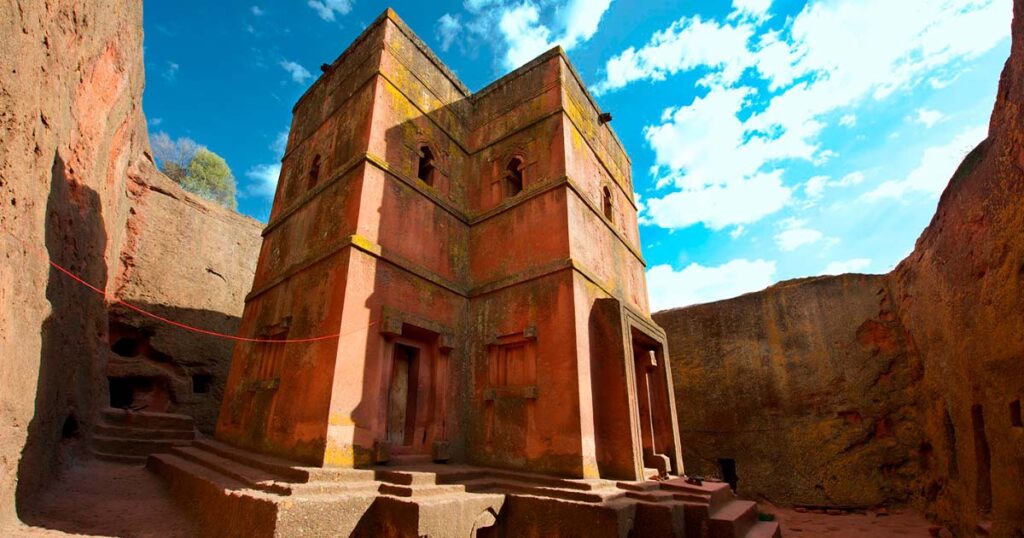
- Simien Mountains – Hiking and Wildlife
- Local Transportation: Travel from Gondar to Debark by local bus and then arrange local transportation, which might cost around $50 to $80 for a round trip within the park.
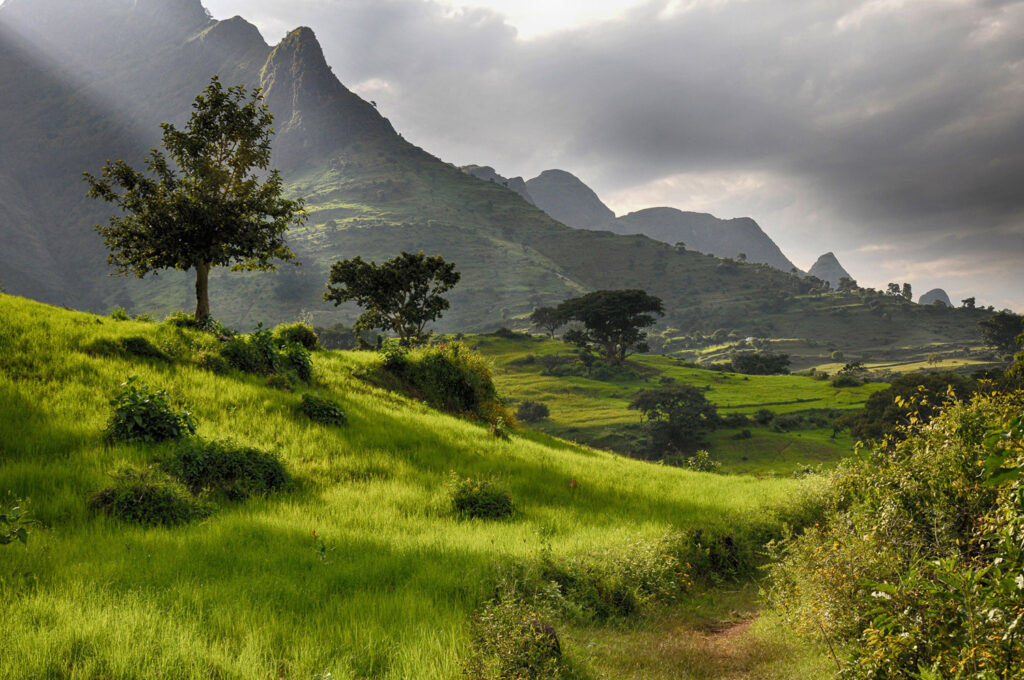
- Danakil Depression – Lunar Landscape and Volcanoes
- Local Transportation: Tours to the Danakil Depression typically depart from Mekele and include transportation.
- Approximate Cost: Tours can vary but may range from $400 to $700 per person for a multi-day trip

Madagascar: Nature’s Paradise
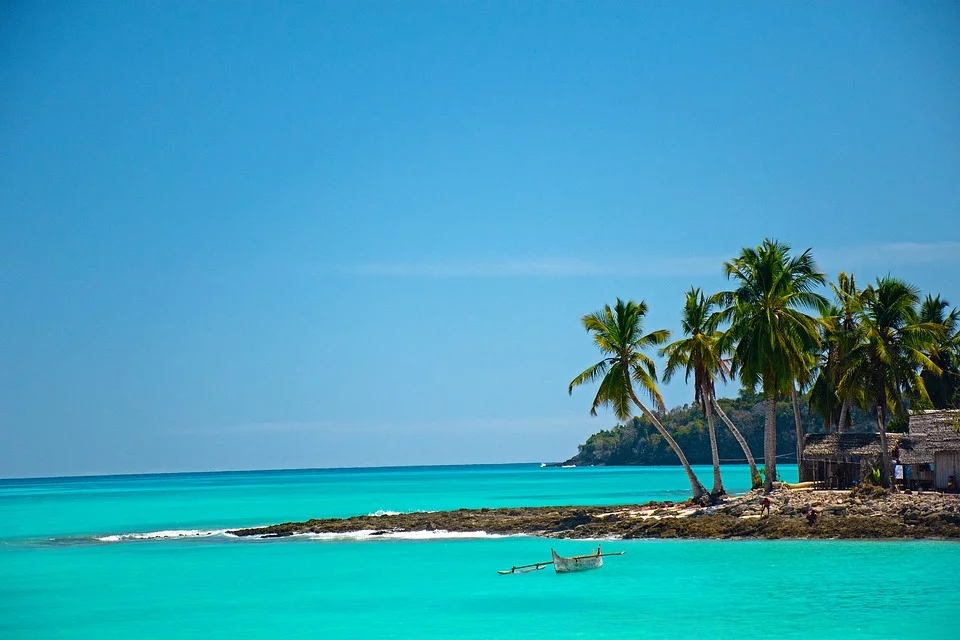
Madagascar has a unique history influenced by both African and Asian cultures. It has a distinct blend of heritage that has shaped its identity:
- Early Settlement: The island was settled by Austronesian seafarers and later received immigrants from Africa, Asia, and the Arab world. It is estimated that the first settlers arrived around 2,000 years ago.
- Arab and European Contact: Madagascar had trade contacts with Arab and Persian merchants, which introduced Islam and Arabic influences. In the 16th century, European explorers, including the Portuguese and French, arrived on the island.
- Colonial Period: France established a protectorate over Madagascar in the late 19th century, and it later became a French colony. This colonial period had a significant impact on the island’s culture, language, and governance.
- Independence: Madagascar gained its independence from France in 1960, and the Malagasy Republic was established. It later experienced periods of political instability and multiple changes in leadership.
- Cultural Diversity: Madagascar is renowned for its rich cultural diversity, with various ethnic groups, languages, and customs. This diversity is reflected in the island’s music, dance, and art.
Travel Situation in Madagascar
Safety: Madagascar is generally safe for tourists, but like any destination, travelers should remain vigilant and be aware of their surroundings. Petty crime can occur in urban areas.
Visa and Entry Requirements: Most travelers need a visa to enter Madagascar. The process for obtaining a visa can vary based on your nationality. Check the latest visa requirements and application procedures.
Health Considerations: Madagascar has unique health considerations due to its diverse ecosystems. Travelers should be aware of any necessary vaccinations and health precautions. The country has also implemented health measures due to COVID-19, so check for the latest requirements.
Transportation: Transportation in Madagascar includes shared taxis, “taxi-brousse,” and local ferries for coastal travel. Roads can be challenging, especially in rural areas. Domestic flights are also available for longer distances.
Accommodation: Madagascar offers a range of accommodation options, from budget guesthouses to mid-range and luxury hotels. Availability can vary by location, so plan your accommodation in advance.
Natural Wonders: Madagascar is renowned for its unique biodiversity, with attractions like the Avenue of the Baobabs, Tsingy de Bemaraha National Park, and the stunning beaches of the coastline.
Madagascar: Malagasy Ariary (MGA)
Currency: Madagascar’s official currency is the Malagasy Ariary (MGA). Banknotes and coins are both used in daily transactions.
Currency Conversion Tips:
- Exchange Currency: Exchange your currency for Malagasy Ariary at banks, exchange offices, or ATMs in major towns and cities. Avoid black market exchanges, as they may offer unfavorable rates.
- Cash is King: Cash is the primary method of payment in Madagascar, especially in rural areas. Credit cards are not widely accepted outside major cities. Ensure you have sufficient Ariary for your daily expenses.
- ATMs: In urban areas like Antananarivo and major tourist destinations, you’ll find ATMs. Withdraw cash in small amounts to avoid carrying excessive money and check the withdrawal fees.
- US Dollars: Some hotels and businesses in urban areas may accept US dollars, but using Ariary is typically more convenient and cost-effective.
- Exchange Rates: Keep an eye on the exchange rates, and compare rates at different exchange bureaus to get the best deal.
Best Places to visit:
- Avenue of the Baobabs – Iconic Baobab Trees
- Local Transportation: Travel to Morondava by long-distance bus from Antananarivo.
- Approximate Cost: Bus fares are relatively affordable, and the journey may cost around $30 to $50 one way.
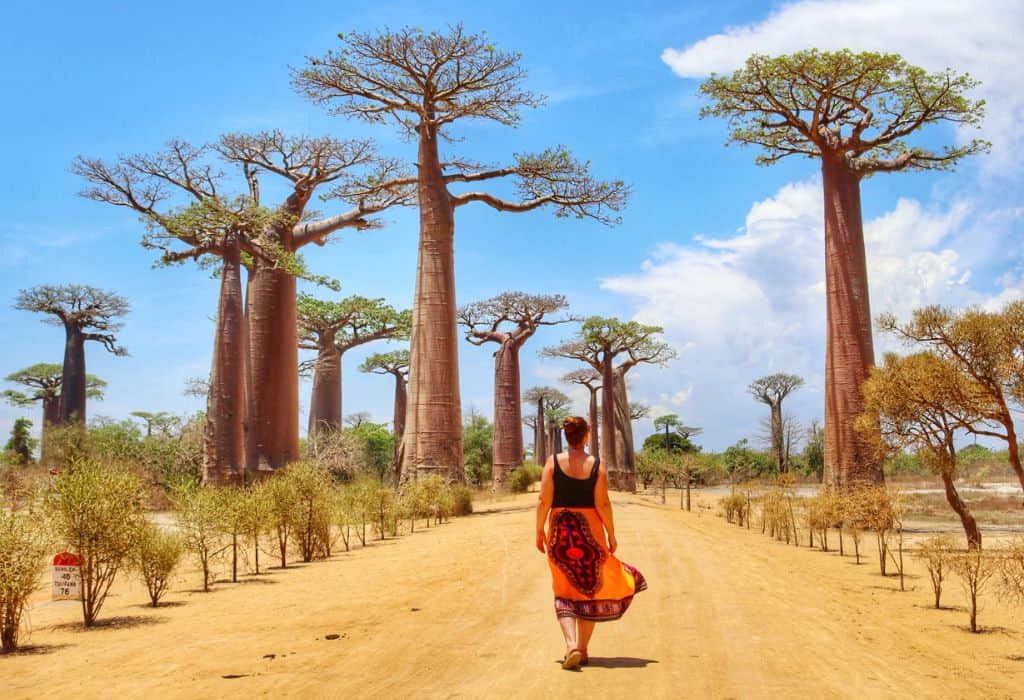
- Tsingy de Bemaraha National Park – Limestone Forests and Caves
- Local Transportation: Take a local bus from Morondava to Belo sur Tsiribihina or Bekopaka.
- Approximate Cost: Bus fares can range from $20 to $40 one way. Hiring a local guide and boats for the park may cost extra.

- Andasibe-Mantadia National Park – Rainforest and Lemurs
- Local Transportation: Travel by local bus from Antananarivo to Moramanga and then hire a local taxi to reach the park.
- Approximate Cost: Bus fares to Moramanga may be around $5 to $10, and a local taxi to Andasibe can cost $20 to $30.
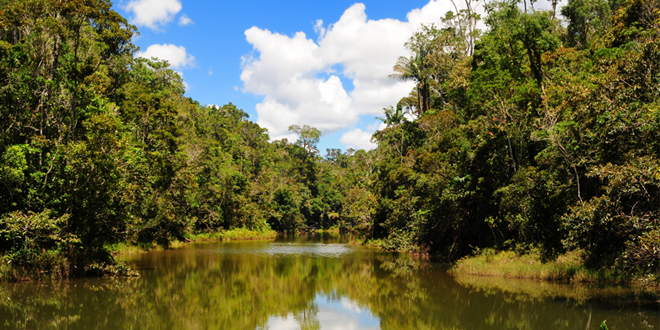
Senegal: The Gateway to West Africa
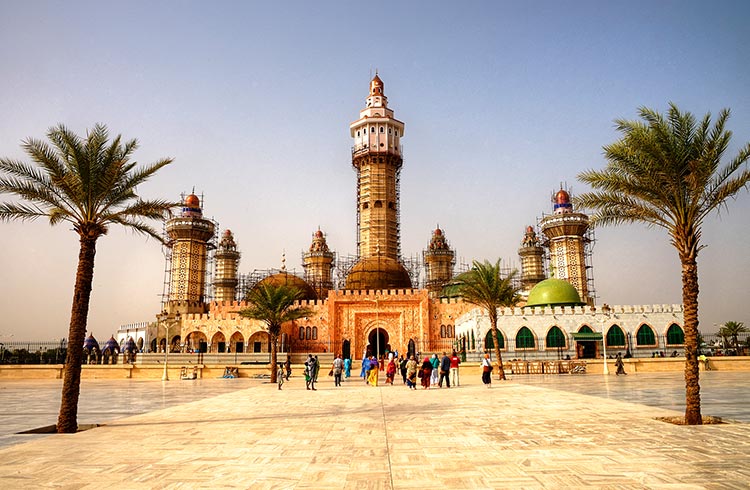
Senegal’s history is closely tied to the transatlantic slave trade and its colonial past, making it a historically significant and culturally diverse nation:
- Early History: Senegal has a history that dates back thousands of years, with various ethnic groups living in the region. The earliest known states in the area were the Ghana Empire and later the Mali Empire.
- Slave Trade: Senegal played a pivotal role in the transatlantic slave trade. The Gorée Island, located off the coast of Dakar, served as one of the major departure points for enslaved Africans. Today, it is a UNESCO World Heritage site and a symbol of the dark history of the slave trade.
- Colonial Period: The region experienced colonial rule under the French, who established the colony of French West Africa. French Senegal was a key part of this colonial system.
- Independence: Senegal gained its independence from France in 1960 and became a republic. Leopold Sedar Senghor, a prominent poet, was the country’s first president.
- Cultural Vibrancy: Senegal is known for its vibrant culture, music, dance, and art. The Wolof, Serer, and Pulaar ethnic groups, among others, contribute to the country’s rich cultural tapestry.
Travel Situation in Senegal
Safety: Senegal is considered one of the safest destinations in West Africa for travelers. However, as in any country, it’s important to remain aware of your surroundings and follow safety guidelines.
Visa and Entry Requirements: Senegal requires visas for most travelers. Visa requirements may vary depending on your nationality. Ensure you have the necessary documentation for your trip.
Health Considerations: Senegal has health measures in place, including vaccination requirements, due to diseases like yellow fever. Travelers should also be aware of any COVID-19-related health requirements and restrictions.
Transportation: Senegal has a well-developed transportation network. Buses, taxis, and shared “sept-place” cars are readily available for travel. Additionally, there’s an international airport in Dakar for those traveling by air.
Accommodation: Senegal offers a range of accommodation options, from budget-friendly guesthouses to upscale hotels. Popular destinations like Dakar have a wide selection of lodging choices.
Cultural Experiences: Senegal is known for its vibrant culture, with attractions including the historic island of Gorée, the bustling city of Dakar, and the Casamance region known for its music and dance.
It’s crucial to keep up to date with the latest travel advisories and conditions, especially in light of the evolving situation with COVID-19. Before planning your trip, consult official government sources and check with local authorities for the most current information regarding entry requirements and safety guidelines.
Senegal: West African CFA Franc (XOF)
Currency: Senegal uses the West African CFA franc (XOF). Banknotes and coins are used for transactions.
Currency Conversion Tips:
- Exchange Currency: You can exchange currency at banks, exchange offices, and authorized exchange bureaus in major cities. Official exchange offices offer competitive rates.
- Cash Preferred: While some upscale establishments in urban areas may accept credit cards, it’s advisable to carry cash in XOF for daily expenses, as this is the primary payment method.
- ATMs: ATMs are available in cities, particularly in Dakar. Use them to withdraw cash in smaller amounts as needed. Check the ATM withdrawal fees and ensure your card works internationally.
- US Dollars: In addition to XOF, you may want to carry some US dollars as a backup. US dollars are sometimes accepted in international hotels and upscale restaurants, although local currency is the preferred choice.
- Exchange Rates: Pay attention to exchange rates and compare rates at different exchange bureaus to ensure you’re getting a favorable rate.
Best Places to visit:
- Dakar – Cosmopolitan Capital
- Local Transportation: Dakar has an extensive network of taxis, buses, and shared minibuses for local travel.
- Approximate Cost: Local transportation within Dakar is budget-friendly, with taxi fares starting at around $1 to $2.
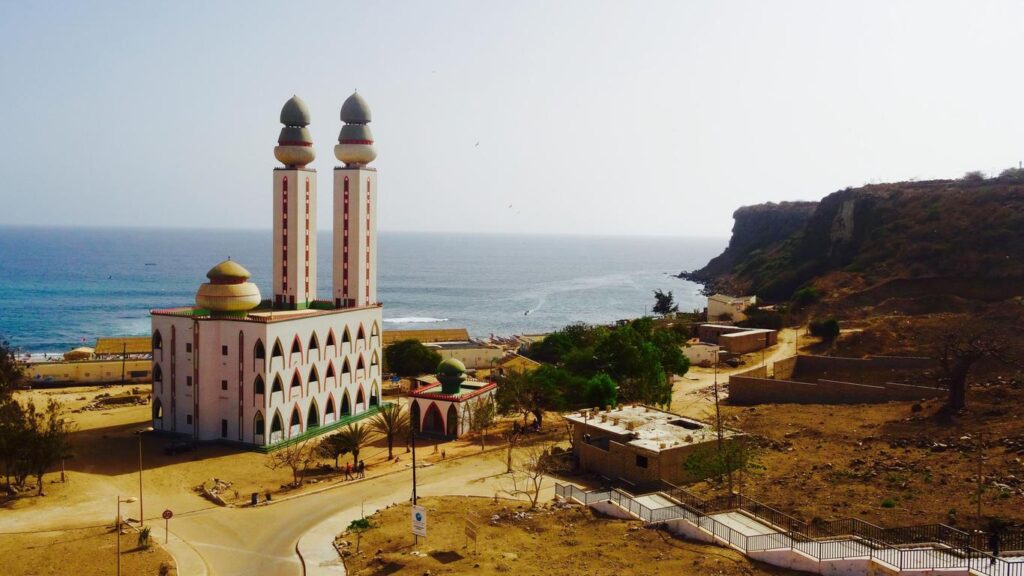
- Gorée Island – Historical Landmark
- Local Transportation: Take a ferry from Dakar’s Port Autonome to Gorée Island.
- Approximate Cost: The ferry journey costs around $2 to $5 one way.
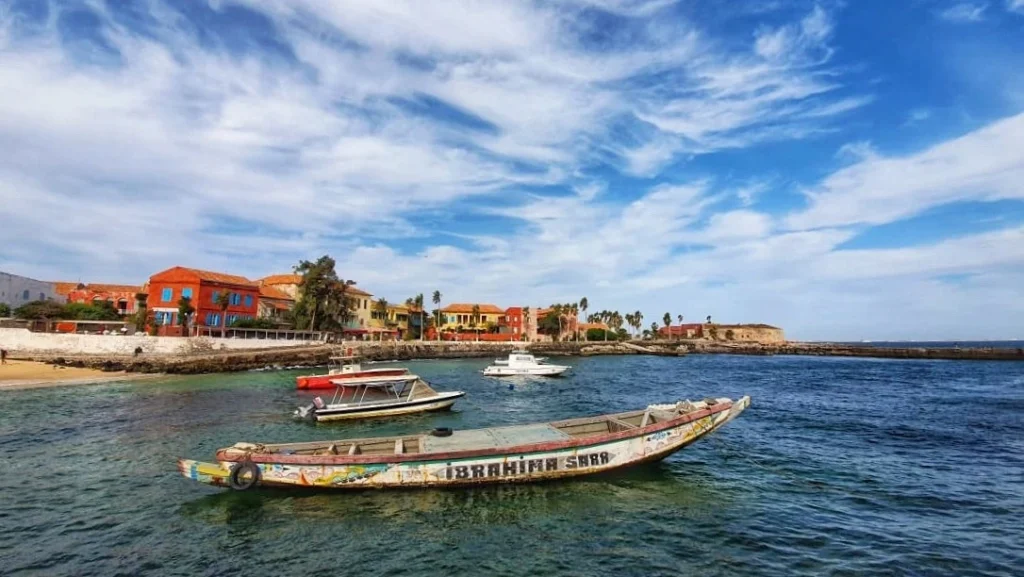
- Casamance – Culture and Nature
- Local Transportation: Travel to Ziguinchor in Casamance by local bus or shared taxi.
- Approximate Cost: Bus fares to Ziguinchor can range from $10 to $20, while shared taxi fares are similar.
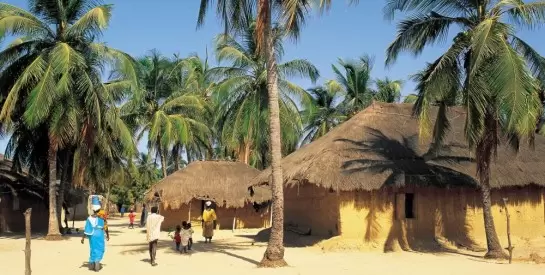
Wanderer’s Word
Traveling on a budget in Africa can be an incredibly rewarding experience. Ethiopia, Madagascar, and Senegal are just a few of the cost-effective options the continent offers. Each of these countries showcases its unique history, stunning landscapes, and warm, welcoming locals. Exploring their diverse cultures and natural wonders while keeping your budget intact is not only possible but highly recommended. So, why wait? Pack your bags and embark on a budget-friendly adventure to one of these extraordinary African destinations. Your unforgettable journey awaits, and it won’t break the bank.
“If you want to go fast, go alone, if you want to go far, go together”

